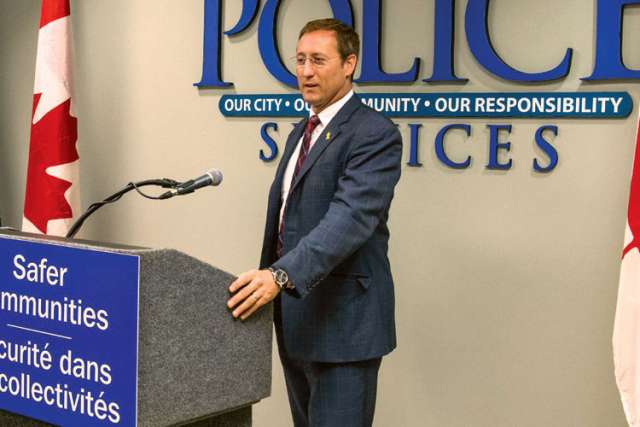The Protection of Communities and Exploited Persons Act, introduced June 4, underscores the serious social and moral harm inflicted on society by prostitution. That harm may seem obvious, but it has often been downplayed in debates on this issue. So it’s a positive step to have that harm plainly articulated for the record.
This is a commendable bill. It upholds that buying sex is exploitive and degrading, and selling sex, far from being victimless, causes immense suffering. It establishes that the johns and pimps who prey on the vulnerable will be prosecuted, along with the middlemen who advertise these liaisons. Further, the act outlaws soliciting in places where children and teens might reasonably be found.
These are all good measures and worthy of public support. Justice Minister Peter MacKay calls this a “Canadian model,” an approach that is distinct from the more laissez-faire disposition of many European and Asian countries. It establishes as a fundamental Canadian principle that the underlying behaviour behind most prostitution — the exploitation of teens and women — is degrading, abusive and criminal. It has no place in Canada.
The government was under pressure from various quarters to produce a so-called progressive bill that would be reflective of a more permissive society. But instead of making prostitution more accessible, the government took a tough stand that, dare we say it in a promiscuous age, was principled. For that reason alone, the act has endured widespread and unfair criticism.
Introducing the bill, MacKay called prostitution a “dehumanizing phenomenon” that endangers people. He is right. Prostitution is dangerous and it shreds human dignity. Yet many people take the libertarian view that an adult should have the right in a free society to choose a life of prostitution. It’s a specious argument.
Prostitution is seldom entered into freely. The vast majority of prostitutes — primarily teens and young women — are dragged into prostitution by threats, intimidation, addiction, poverty, mental illness or, in some cases, by blackmail, abduction and violence. Their voices are seldom heard. They are victims and need society to be their voice. This new law seeks to do just that.
It takes a defiant stand that singles out the johns and pimps, the callous exploiters, with criminal laws to deter them — or punish them — from buying or selling prostitutes. The only way to truly make prostitutes safe is to eliminate prostitution altogether. That may be a pollyanna objective, but this new law takes a small step in that direction.


